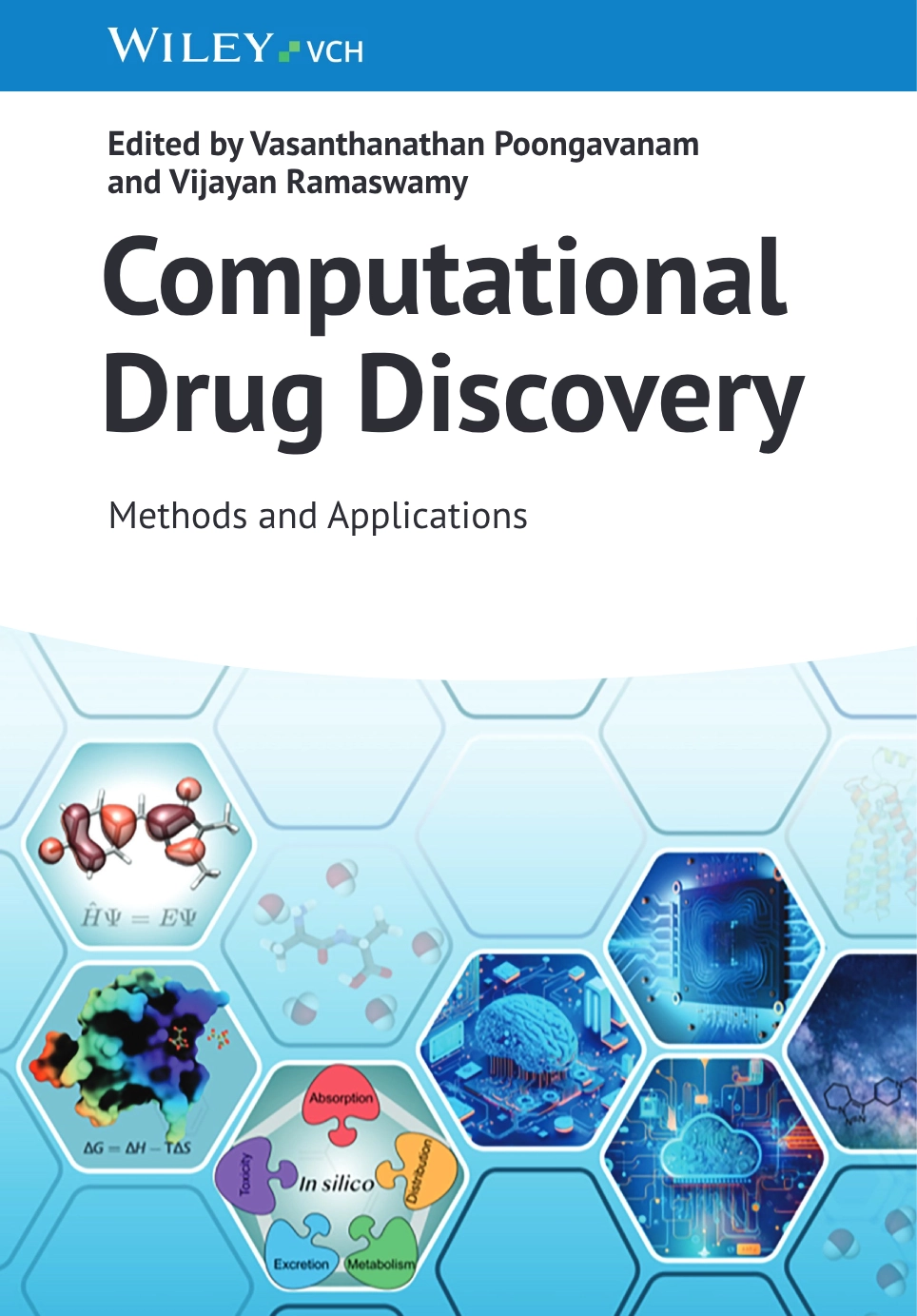This publication comprehensively covers state-of-the-art computational techniques in chemistry driving drug discovery, with a primary focus on AI. It includes topics such as protein structure prediction, virtual screening, and compound design using generative modeling. The book also explores advancements in computing, including quantum and cloud computing. Dedicated chapters discuss recent trends such as ultra-large-scale virtual screening and computational strategies for designing new therapeutic modalities like PROTAC®’s and covalent inhibitors. Additionally, the book addresses molecular dynamics, QM and QM/MM methods, techniques for visualizing chemical space, and leveraging big data in drug discovery.
Excelra made a significant contribution to Volume 2 of the book. Chapter 17, titled ‘SAR Knowledge Bases for Driving Drug Discovery,’ authored by Excelra, delves into the surge in structure–activity relationship (SAR) data in scientific literature and patents due to recent technological advancements that have accelerated compound synthesis and testing. As the drug discovery landscape shifts towards data-driven approaches, the chapter emphasizes the importance of cheminformatic methods for managing large volumes of annotated SAR data. It offers a comprehensive overview of relevant small molecule SAR knowledge bases, their applications in drug discovery, and insights into future directions.


